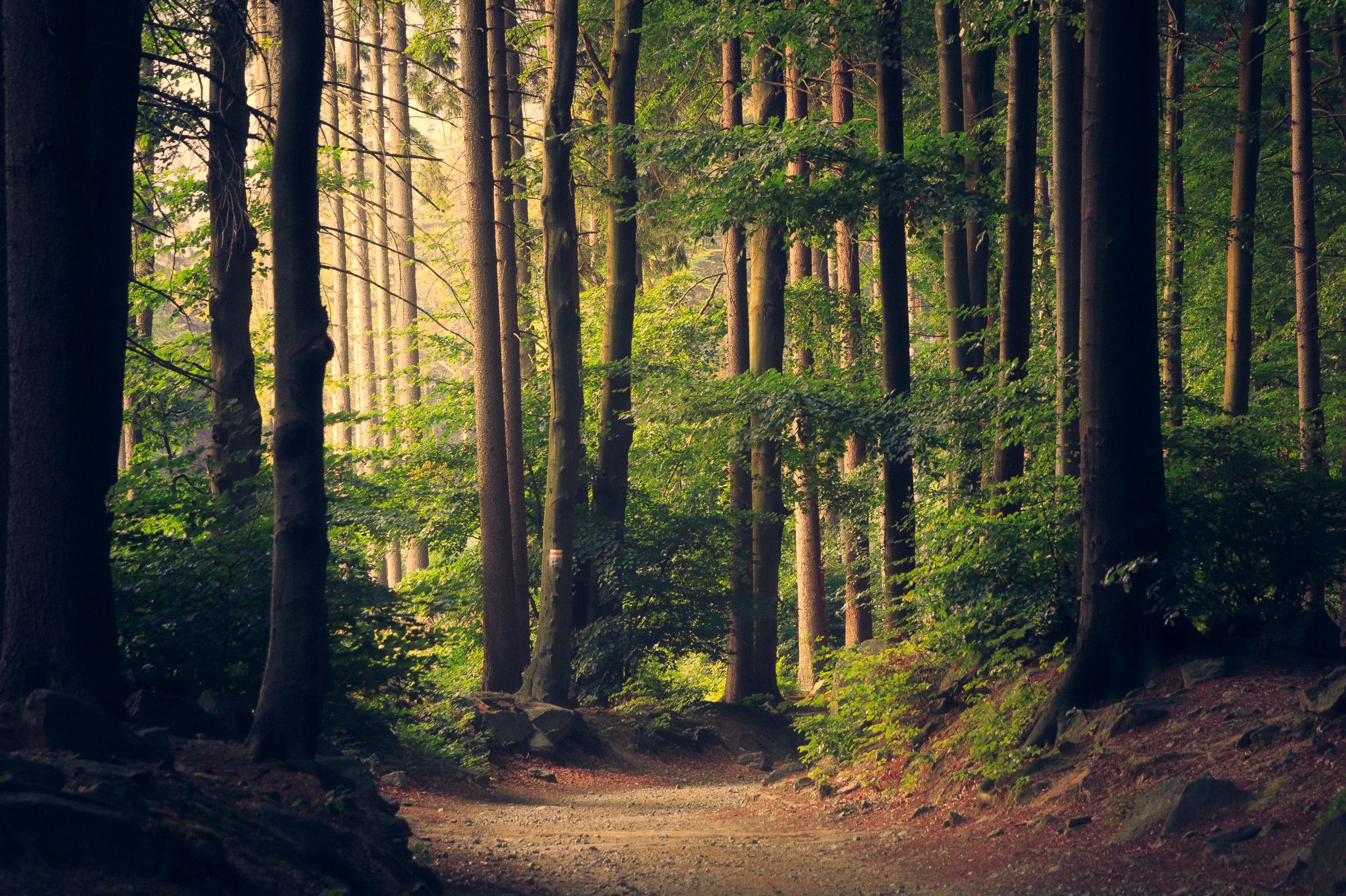Getting back to Nature and Ourselves
All over the world, the amount of time that people spend outdoors has been declining. From studies of park visitations, fishing license sales, campground attendance and other historical records, we find that humanity’s interest in outdoor recreation peaked in the 1980s and early 1990s, and has been steadily dropping ever since. Put simply, a massive retreat of Homo sapiens from the natural world is underway, even as our growing global demand for land and natural resources is straining the Earth’s climate and environment.
The underlying reasons for this trend are debated, and likely still evolving. Numerous studies point to our growing preoccupation with indoor entertainment, beginning first with television and videos, then progressing to internet browsing, social media and online gaming. These technologies of course offer countless benefits for entertainment, education and social interaction, but they come at a cost to our personal well-being.
More than a decade ago, the bestselling book Last Child in the Woods, by Richard Louv chronicled a growing body of scientific evidence that spending time outdoors is critically important to the developmental health of children. Citing many scientific studies, Louv traced declining outdoor activities to a dizzying array of psychiatric disorders, obesity and other maladies, and coined the term "nature deficit disorder" to collectively describe them. His follow-up book, The Nature Principle, found that nature-deficit disorder also affects adults.
A dip into this science is quite interesting. One University of Michigan study that sent adult study subjects for a 50-minute walk through an Ann Arbor park found that it measurably restored their cognitive skills, whereas a walk through the city’s busy downtown degraded it. These improvements in brain function were observed regardless of a person’s mood, weather conditions or other external factors. Importantly, peacefulness alone (such as sitting in a quiet room) could not reproduce the observed cognition benefit. There is something about the kind of moderately interesting stimuli found in nature—even those in a simple city park—that is restorative for our brains.



